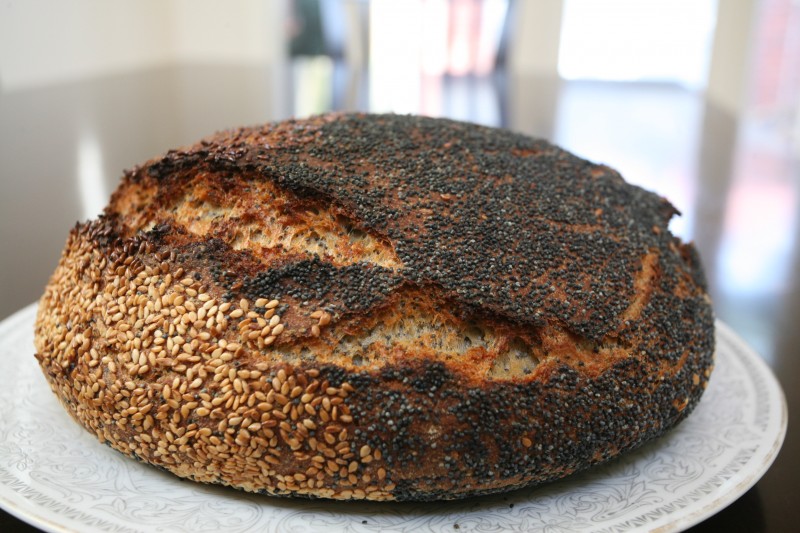There are many versions of the story of Gilgamesh. This is a preface not for one but for all this versions.
Herbert Mason opening summation is elegant.
“It is an old story
But one that can still be told
About a man who loved
And lost a friend to death
And learned he lacked the power
To bring him back to life.”
The one that lost is Gilgamesh. His friend is Enkidu who once ran free with the animals until his friendship with our hero–Gilgamesh king of Uruk.
One question to consider as you read the following pages is: what does Enkidu think of the city Uruk? At the time of the rule of Gilgamesh, some historians consider the city the largest in the world. How one might verify such an absurd statement is not important. But, let us say the city was large.
What else do we know of ancient Uruk? It is grand. It has temples. The seven sages laid the foundations. It was ruled by the fifth king after the great flood. It is the same flood recalled in the epic before us and in the Book of Genesis. But, let us concern ourselves not with our knowledge but Enkidu’s. Is it not impossible that Enkidu might have known all this?
Enkidu is welcomed into the cult called humanity by the women Shamhat. He is welcomed by her love-arts. She seduces him. He leaves the animals. They leave him. But, at this point what does he know of civilization? Nothing. He knows lust or even love. The city beckons. Now Enkidu becomes a traveller like some many other travellers we know. In A Thousand and One Nights, Enkidu is like Sinbad the Seaman seeking adventure through trading and travelling the world. I read once that, Karl Marx believed thought arose from standing across two cultures. Enkidu is this too. To further illustrate Marx’s point, let us take a brief biography of another traveller: Alexis de Tocqueville. Born and bred a French aristocrat and member of parliament, de Tocqueville ventured to America under the pretense of observing the prison system. Returning to France he would write De La Démocratie en Amerique or as its English translation reads Democracy in America. His famous book was written standing across two cultures.
And, Enkidu? He stands across natural and civilized man.
“Man was born free” reads Rousseau’s famous dictum, “and he is everywhere in chains”. Chains and freedom Enkidu knows both.
Enkidu does not come to us, to Uruk, with a story untold. He does not come naive. He has already forsaken friends. What does Enkidu think of humanity? Does Uruk represents all of humanity? That stroke is too brash to say.
Rather, let’s ask who will show him the city? Who will answer his questions: what is that? what are they doing? why is such and such how it is? They are the questions of a traveller in a foreign land. Do we imagine Heideggar, Plato, Laozi as his friend? Who’s version of the world might help Enkidu?
As you read these pages, consider this hypothesis: imagination is the key to intellectual debate. Imagination roots our empathy for Enkidu and Gilgamesh. Imagination allows us to journey with the two heros. Imagination is not foremost the root of creativity (that is passion); imagination is the root of understanding. It is imagining the world as it is and imagining its infinite alternatives.

